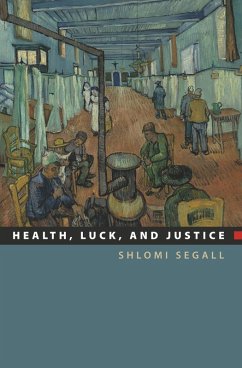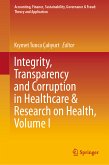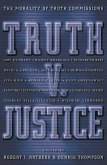"Luck egalitarianism"--the idea that justice requires correcting disadvantages resulting from brute luck--has gained ground in recent years and is now the main rival to John Rawls's theory of distributive justice. Health, Luck, and Justice is the first attempt to systematically apply luck egalitarianism to the just distribution of health and health care. Challenging Rawlsian approaches to health policy, Shlomi Segall develops an account of just health that is sensitive to considerations of luck and personal responsibility, arguing that people's health and the health care they receive are just only when society works to neutralize the effects of bad luck.
Combining philosophical analysis with a discussion of real-life public health issues, Health, Luck, and Justice addresses key questions: What is owed to patients who are in some way responsible for their own medical conditions? Could inequalities in health and life expectancy be just even when they are solely determined by the "natural lottery" of genes and other such factors? And is it just to allow political borders to affect the quality of health care and the distribution of health? Is it right, on the one hand, to break up national health care systems in multicultural societies? And, on the other hand, should our obligation to curb disparities in health extend beyond the nation-state?
By focusing on the ways health is affected by the moral arbitrariness of luck, Health, Luck, and Justice provides an important new perspective on the ethics of national and international health policy.
Combining philosophical analysis with a discussion of real-life public health issues, Health, Luck, and Justice addresses key questions: What is owed to patients who are in some way responsible for their own medical conditions? Could inequalities in health and life expectancy be just even when they are solely determined by the "natural lottery" of genes and other such factors? And is it just to allow political borders to affect the quality of health care and the distribution of health? Is it right, on the one hand, to break up national health care systems in multicultural societies? And, on the other hand, should our obligation to curb disparities in health extend beyond the nation-state?
By focusing on the ways health is affected by the moral arbitrariness of luck, Health, Luck, and Justice provides an important new perspective on the ethics of national and international health policy.









